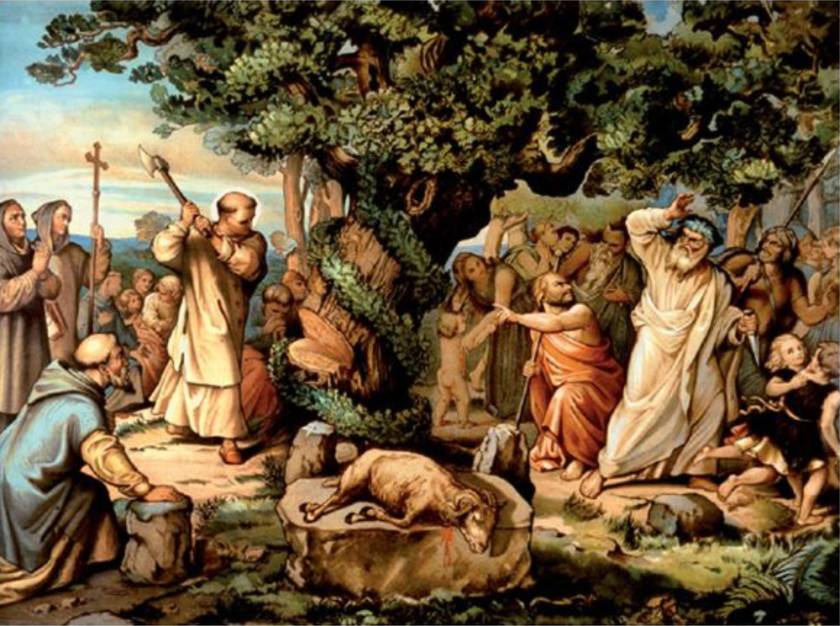“For they themselves report concerning us the kind of reception we had among you, and how you turned to God from idols to serve the living and true God,” (1 Thessalonians 1:9)
Paul, Silas, and Timothy shared some words of encouragement for the saints in the church at Thessalonica. These believers were faithful and zealous for the kingdom of God though they were in the midst of trials and persecution from their neighbors, both Jews and pagans. Their reputation and witness had spread throughout Greece. Their perseverance was exemplary. In addition, they were also wonderful examples of the changes Christ makes in the life of even the vilest of sinners. These saints had been deeply and utterly enslaved by idolatry and its accompanying sexual immorality. Yet the Lord had freed them and made them righteous. They were filled with zeal as they advanced the gospel of the Kingdom of God.
The saints at Thessalonica serve as an excellent example to us of the new life Christ grants us. He imparted His Holy Spirit who enabled them to make a clean break with idolatry even though it was deeply ingrained and embedded in their culture. He will do the same for us who are enslaved to our own idols. Our idols are not found in statues and temples of stone but rather in material possessions, pleasure, cultural values, traditions, philosophies, attitudes, and ideologies that promote self-fulfillment, self-reliance, individual achievement, and personal autonomy. We even make patriotism and liberalism into an idol along with a whole host of other isms when we exalt any human political group.
We are so accustomed to these idols that we accept them as a normal part of life, even to the point of confusing them with and incorporating them into the ways and values of God’s Kingdom. We need to rely upon the Holy Spirit daily to help us to discern our idols and turn from them. The Lord desires that our testimony and witness exalt Him alone, no earthly ism or movement or person. So turn from your idols and learn from Jesus the way of righteousness.

